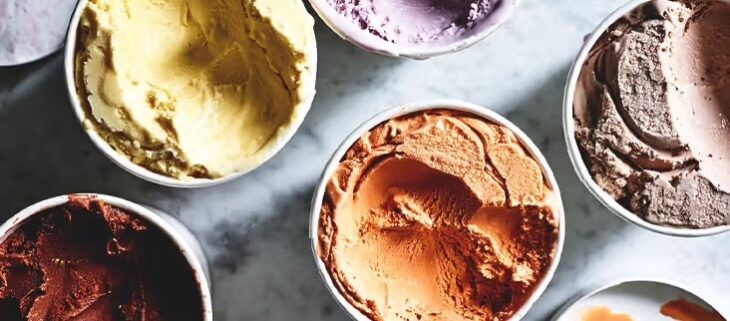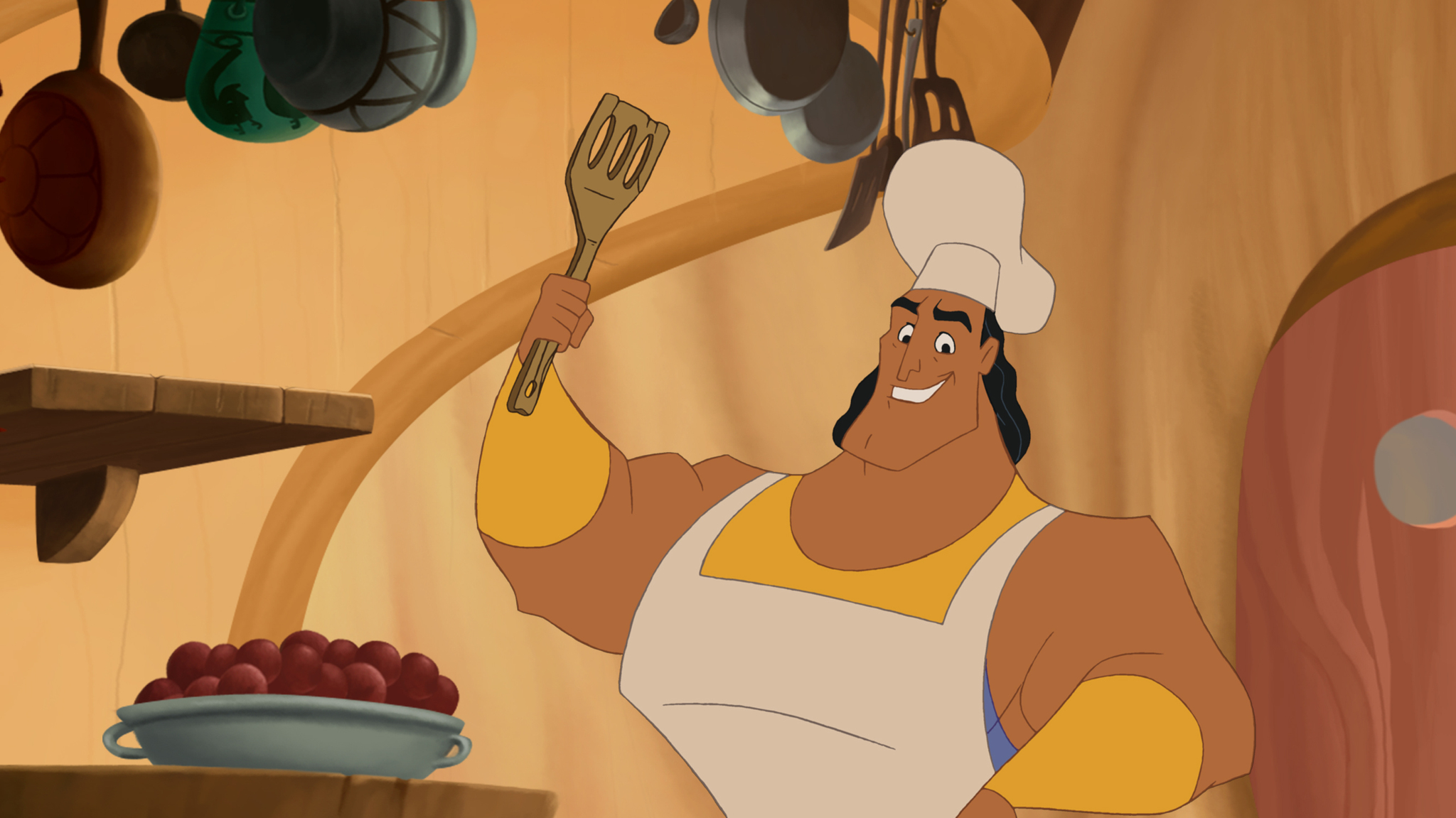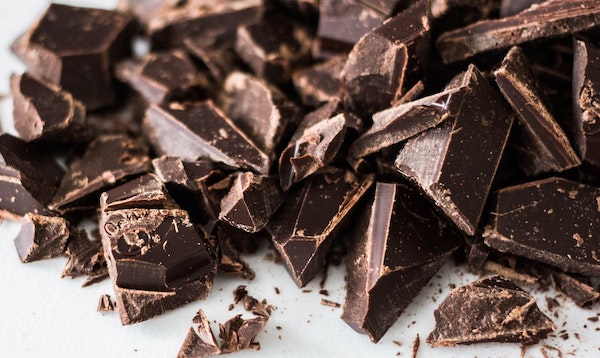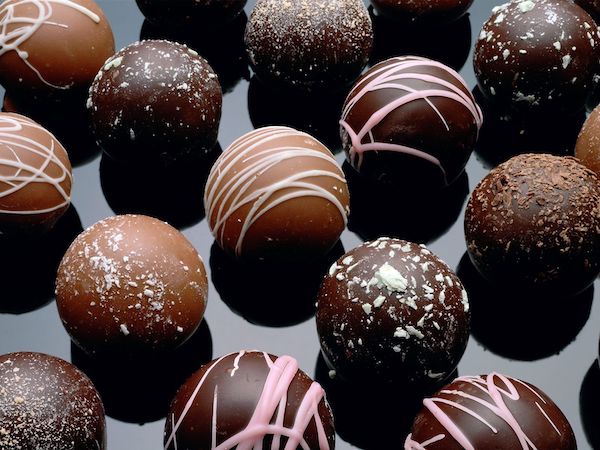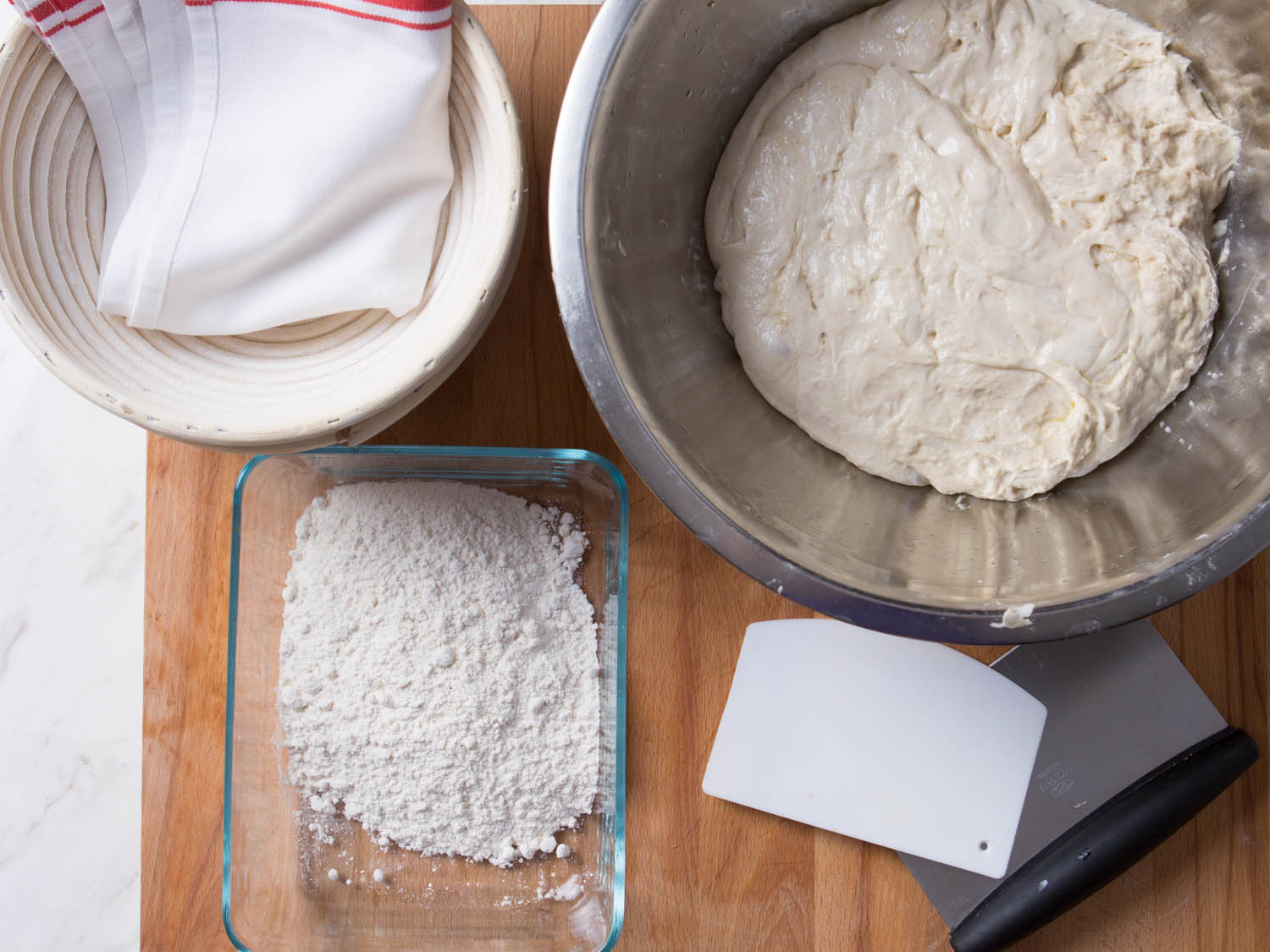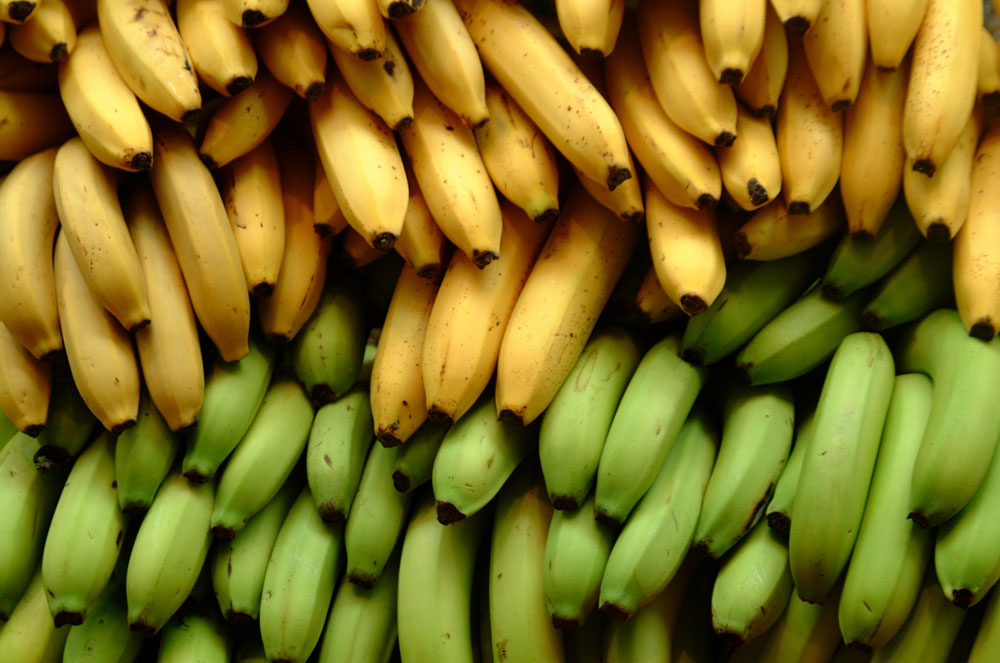Ice cream is made up of six things, all happily playing together in harmony: ice crystals, fat, milk proteins, sugar, air, and some kind of texture or stabilizing agent. That’s what this post is all about: helping you to delve a little deeper so you can make something delicious! (Or at least know why your last batch turned out so bad).
To Make Great Ice Cream, Understand What’s In It
